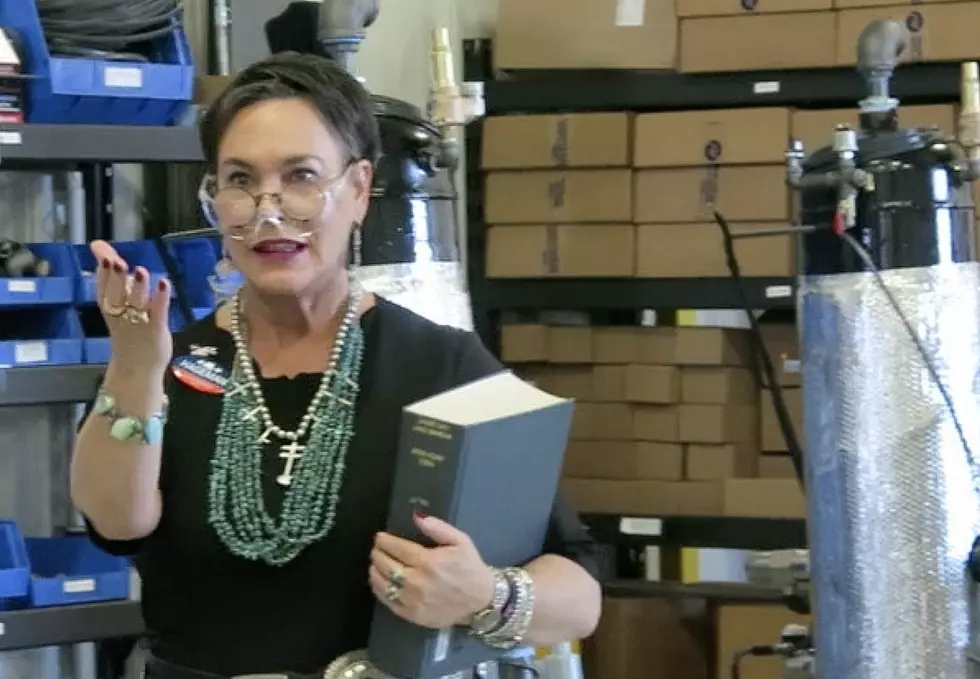
Cheney has so far Raised $10 Million for Primary, Hageman at $2 Million
According to recently released information from the Federal Election Commission, Wyoming representative Liz Cheney has raised nearly five times as much as her nearest competitor, Harriet Hageman.

In total, Cheney has raised $10,121,333, while Hageman, who has been endorsed by former President Donald Trump and previously came in third in the primary for governor in 2018, has raised $2,067,149 so far.
Of the money Cheney has raised, she currently has $6,774,259 cash on hand, with $2,526,555 raised in the first three months of 2022, compared to Hageman with $1,063,342 cash on hand and $1,291,382 raised from January to April.
When it comes to the size of the donations, about $1.8 million of Cheney's donors were from amounts greater than $200, or itemized donations, while $583,476 were unitemized, any amount under $200, about the same as Hageman at $502,974, compared to $729,907 in itemized donations.
According to a press release by Hageman, her average donation amount is $84.
In terms of where people donated from, $468,491 of the donations Cheney got in the past quarter came from people in Wyoming, compared to $208,014 for Hageman, with Cheney receiving donations from 4,464 donations from the beginning of the year until the end of March, while Hageman had 1,721 donations, some of which were from the same donor.
While Hageman is Cheney's biggest opponent, there are a few other candidates that are still running against Cheney, including state Senator Anthony Bouchard, who raised a total of $10,544 in the past quarter and $25,867 in the last quarter of 2021, and Denton Knapp, who raised $5,475 in the previous quarter and $1,160 in the last quarter of 2021.
Money isn't everything in a congressional race, but at this point in the race, there hasn't been much polling done besides a straw poll conducted by the Wyoming Republican State Central Committee in February, with Hageman winning 59 out of the 71 members, three of which were Hageman's family members.
Answers to 25 common COVID-19 vaccine questions
More From K2 Radio









